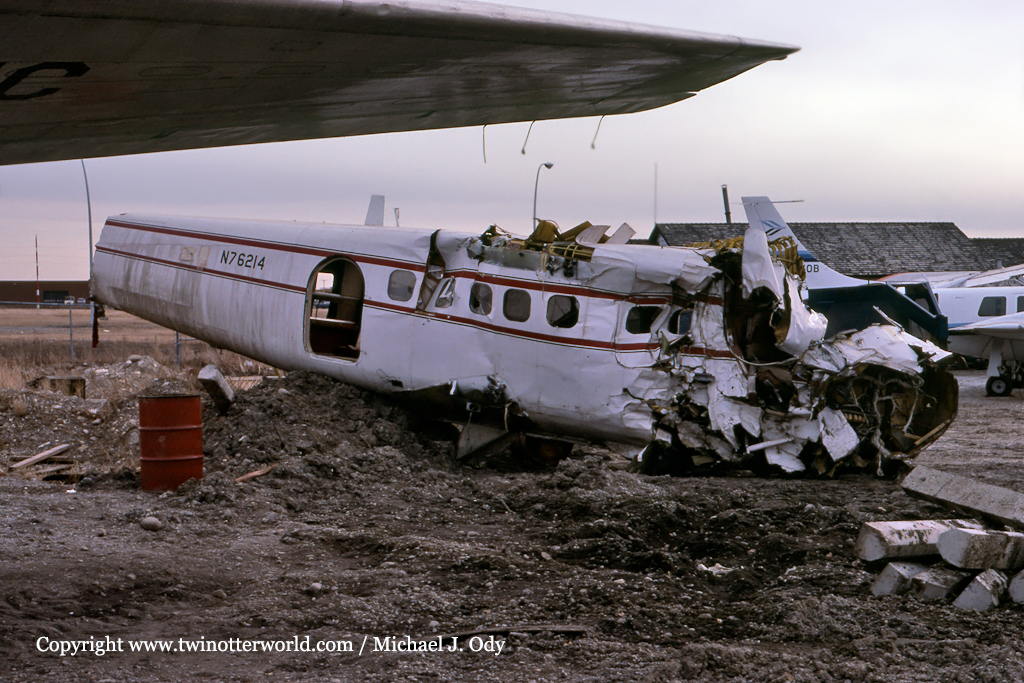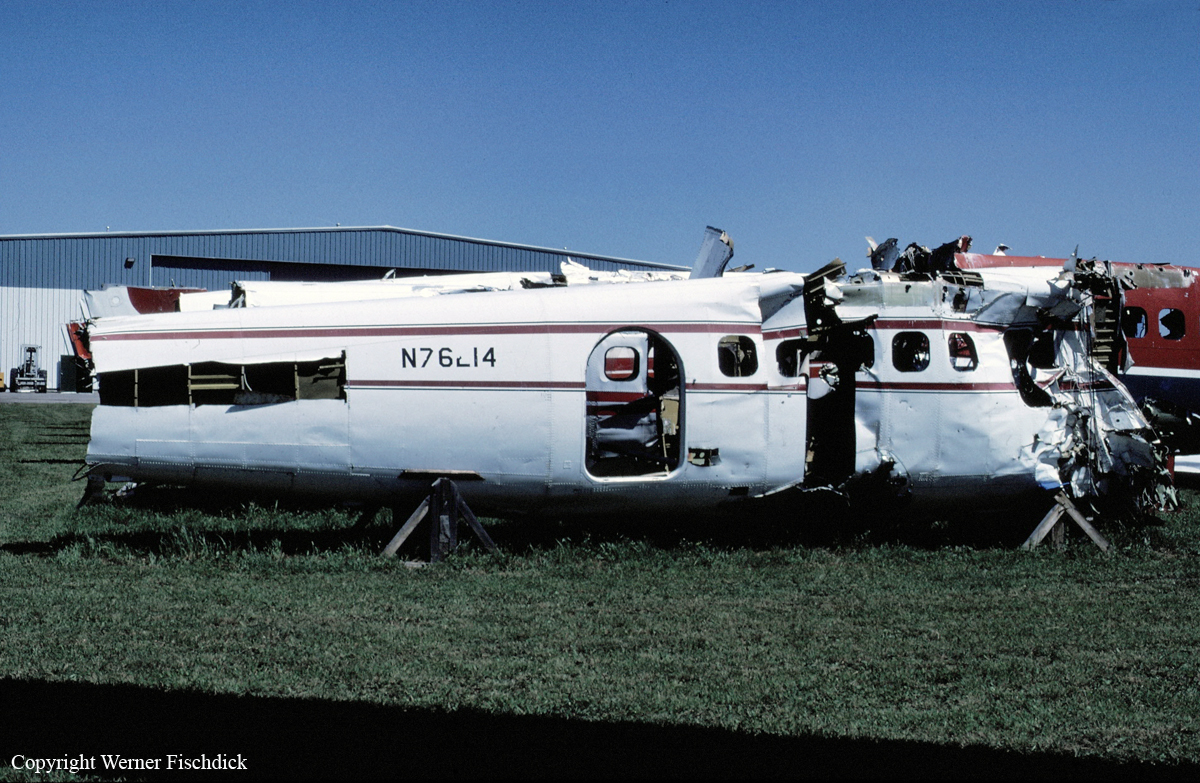Crash of a Cessna 401 in Linville: 1 killed
Date & Time:
Apr 7, 1980 at 0837 LT
Registration:
N9912F
Survivors:
No
Schedule:
Myrtle Beach - Cincinnati
MSN:
401-0091
YOM:
1969
Crew on board:
1
Crew fatalities:
Pax on board:
0
Pax fatalities:
Other fatalities:
Total fatalities:
1
Captain / Total hours on type:
480.00
Circumstances:
While cruising at an altitude of 5,900 feet in limited visibility due to marginal weather conditions, the twin engine airplane struck the slope of a mountain located near Linville. The aircraft was destroyed and the pilot, sole on board, was killed. At the time of the accident, the visibility was reduced to zero due to low ceiling, rains falls and fog.
Probable cause:
Controlled flight into terrain during normal cruise after the pilot continued VFR flight into adverse weather conditions. The following contributing factors were reported:
- Physical impairment of the pilot,
- Alcoholic impairment of efficiency and judgment,
- Low ceiling,
- Rain,
- Fog,
- Blood ethanol level 90 mg %,
- Hit the mountain at 5,909 feet,
- Mountain obscured.
- Physical impairment of the pilot,
- Alcoholic impairment of efficiency and judgment,
- Low ceiling,
- Rain,
- Fog,
- Blood ethanol level 90 mg %,
- Hit the mountain at 5,909 feet,
- Mountain obscured.
Final Report:








